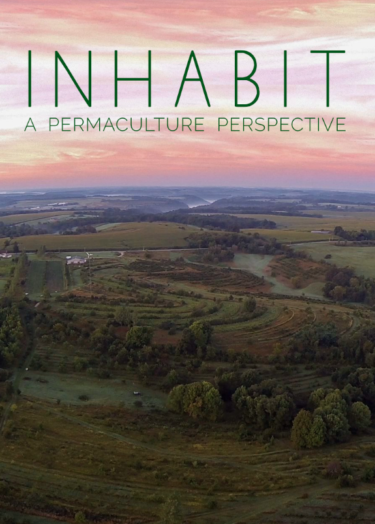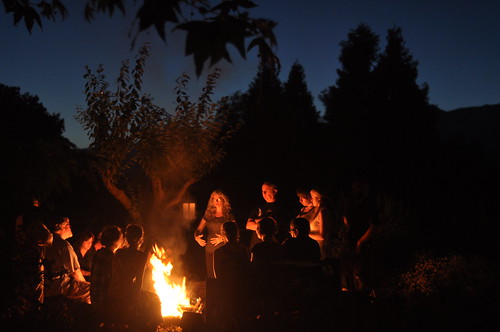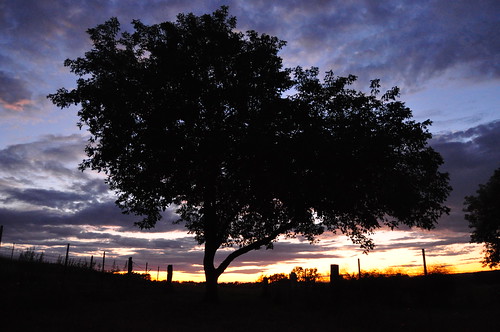Hope in the face of apocalypse: A review of Inhabit movie

This review was originally posted two years ago on radicaldiscipleship.net
8 years ago, I showed “What a Way to Go” to my family. I hope they would, as the movie tag line says, come to grips “with Peak Oil, Climate Change, Mass Extinction, Population Overshoot and the demise of the American lifestyle.”
Halfway through the movie my sister walked out. It wasn’t so much that she was opposed to the message of the movie. She just couldn’t take how relentlessly depressing it was.
I suspect all of us in the radical discipleship movement have been there at one time or another. We go through some form of the transformation that Tommy is documenting in his post-evangelical series. In one way or another we begin to grasp that catastrophic path our civilization is on. Which begs the question: How do we get others to recognize it to?
Broadly speaking, this is a question of pedagogy, or how people learn. Watching an accurate, though deeply demoralizing documentary was not the way to go for my sister. Messages of doom just aren’t that effective at winning converts.
The producers of the new documentary Inhabit clearly understand this. As one person interviewed in the film puts it, focusing on catastrophe has limited change potential. Their documentary is a lush, alluring opposite to “What a Way to Go”in many ways except one: the message is the same: ultimately industrial agriculture will destroy us all and we need an alternative.
From there the two films diverge dramatically: Inhabit opens by focusing on the hopeful, human-centered framework of regeneration: putting positive things back into the land. “We can actually be healing forces,” says permaculturalist Ben Falk.
“What could it be like if humans could make this place sing with life?” asks Lisa Fernandes, director of the The Resilience Hub. “That gets me really fired up.”
July 30, 2017 bioregionalism, Civilization, empire, extinction, Permaculture Read more >

